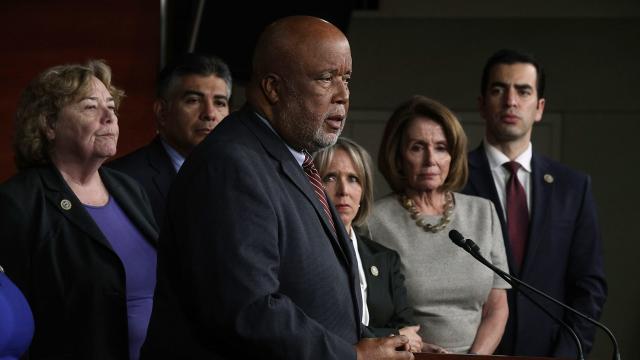The first bill introduced by House Democrats is a whopping 570-page voting reform package that offers, in part, significant financial support to state election agencies seeking to shore up their security through use of risk-limiting audits and the timely exchange of threat information. It would also require an intelligence community assessment ahead of federal elections, accompanied by recommendations to address potential threats from multiple agencies, including the Department of Homeland Security.
Perhaps most important, the bill requires states to use paper ballots, long considered the only true bulwark against election interference.
The bill, known as H.B. 1 or the “For The People Act,” would further help participant states fund the replacement of outdated voting systems that experts assess may be vulnerable to remote intrusion and on-site tampering; security clearances could be expedited to help state election officials gain access more quickly to classified details about election threats; and would require the testing of voting machines nine months prior to any ballot being cast.
Further, the bill would require the Executive Office to produce a national strategy to protect against “cyber attacks, influence operations, disinformation campaigns, and other activities” deemed hazardous to the electoral system. The strategy is required to consider the effects of cyber- and information warfare targeting voters and weigh the benefits of collaborating more closely with foreign allies in the detection and deterrence of such conflicts.
Whatever strategy is produced by the White House, it cannot be wholly classified, though certain sections may be. The president would be required to follow up with an implementation plan within 90 days.
“With a mandate from the American people, the new House Democratic Majority is now finally in a position to pass legislation that will help secure our election infrastructure and help instill confidence in our democratic institutions,” said Rep. Bennie Thompson, the new chair of the Committee on Homeland Security.
The Democrats bill is based on the Election Security Act, which Thompson introduced in February 2018 at the height of concerns over Russian interference in the 2016 presidential election. The Election Security Act is not to be confused with the Secure Election Act, a like-minded Senate bill that was later significantly watered down. (By August, the Senate bill no longer required the use of statistically proven audits and placed the onus on election officials to self-report when they made mistakes.)
In terms of audits, the bill is weaker than another bill proposed by Senate Democrats last year, which would have imposed a nationwide requirement on states to conduct risk-limiting audits. However, the new House bill does limit the use of grant money for audits to those of the risk-limiting variety.
Risk-limiting audits are endorsed by the American Statistical Association as essentially the only effective measure against election outcome errors and fraud. Where as other audits may rely on a sample that’s a fixed percentage, risk-limiting audits take into account the overall number of votes and the apparent closeness of the results. What’s more, the audit is not considered complete until the outcome is proven mathematically accurate.
The Senate bill to make risk-limiting audits mandatory in every state, known as PAVE or the Protecting American Votes and Elections Act, was introduced by cybersecurity hawk Ron Wyden of Oregon. It received support from at least 10 other Democrats, including Senators Bernie Sanders and Kamala Harris.
Read the full copy of the For The People Act here.
